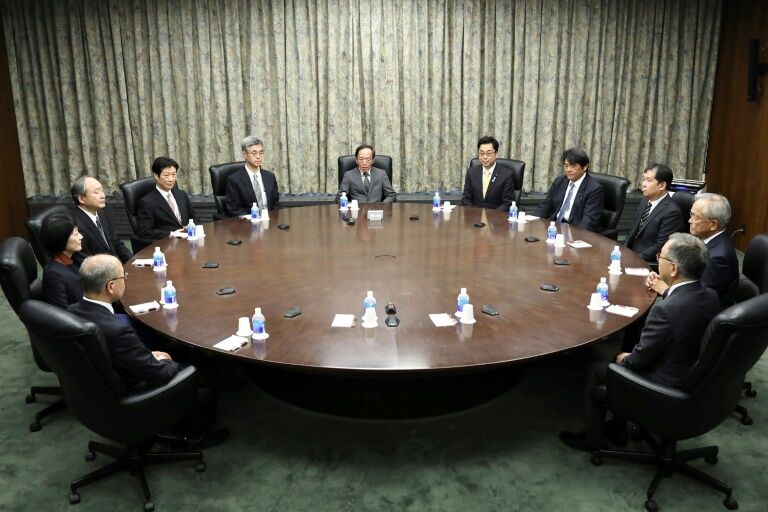Bank of Japan reviews monetary easing measures under new governor

The Bank of Japan (BOJ) has announced plans to review its longstanding monetary easing measures, while also stating that it will maintain them for now. This marks the first policy decision under the new governor, Kazuo Ueda. Analysts suggest that the central bank’s stimulus measures, in place for a decade, are becoming increasingly unsustainable.
The BOJ issued a statement after a two-day meeting, revealing its decision to conduct a broad review of its monetary policy. The review process is expected to take between one and one-and-a-half years. In the meantime, the central bank left its negative interest rate in place and did not adjust the rate band for 10-year government bonds.
Kazuo Ueda, a former economics professor, took over from Haruhiko Kuroda this month. Kuroda was the architect of the bank’s ultra-loose strategy, and no major policy overhaul was expected under Ueda’s leadership. The new governor faces the challenge of moving away from monetary easing while minimising economic shock and pressure to normalise the bank’s policy.
Since early 2022, the yen has weakened due to the BOJ consistently defying the global trend of aggressive interest rate hikes to combat inflation. While the central bank’s 2% inflation target has been surpassed every month since April 2022, the BOJ attributes the rise to temporary factors, such as the ongoing war in Ukraine.
Ueda has defended the bank’s current stance as “appropriate” and warned that sudden moves pose risks due to global economic uncertainty. Following the BoJ’s announcement, the yen dropped to 134.86 yen against the US dollar, down from 133.83 in morning trade.
Meanwhile, the BOJ raised its inflation forecasts for the current and next financial years, excluding volatile fresh food prices. The institution now predicts 1.8% inflation in 2023-24, and 2% in 2024-25, primarily due to higher wage projections. Major companies in Japan, including Toyota, Nintendo, and Fast Retailing (the parent company of Uniqlo), have announced substantial wage hikes in recent months. Inflation is expected to dip to 1.6% in 2025-26.
The BoJ’s strategy dates back to former prime minister Shinzo Abe, whose “Abenomics” plan aimed to stimulate growth and eliminate the deflation that plagued Japan since the end of the 1980s boom. However, Takahide Kiuchi, executive economist of Nomura Research Institute, cautioned in a note last week that the bank’s demand-driven 2% inflation target may be challenging to achieve, reports Bangkok Post.
According to Kiuchi, Ueda likely believes that achieving the 2% inflation goal sustainably would be difficult. As a result, the target may first be made more “flexible”, potentially by setting it as a mid- or long-term goal.
The BOJ also lowered its growth forecast for Japan for the current financial year from 1.7% to 1.4%, citing “extremely high uncertainties” in Japan’s economy. These uncertainties include developments in overseas economic activity and prices, as well as developments surrounding Ukraine and commodity prices.
Latest Thailand News
Follow The Thaiger on Google News:


























